Scott Anderson Readings for the Sunday: Isaiah 6:1-8 | Psalm 22: 29 | Romans 8:12-17 | John 3:1-17 There are two kinds of people in the world, I think—those who understand they are beautiful, and those who are beautiful but have not yet figured it out. I’m talking about real beauty here—not the beauty so often defined by our western culture that is apparently accessible only between the ages of 25 and 30, not the surface kind of beauty that is driven by insecurity and the kind of advertising that pedals scarcity and uncertainty. I’m talking real beauty. Deep beauty that knows it’s beautiful. I’m talking about the beauty that I think Jesus is talking about when he tells Nicodemus you must be born again, born from above. I’m talking about the kind of sublime beauty that Isaiah captures in his vision of a Holy God that scares and even shames him, and yet he can’t not follow. He can’t but find strength and courage within himself. I’m talking about a beauty I hope I am beginning to understand, although I may be mistaken. For certain, I have a long way to go. I think I started taking pictures a few years ago as a way of trying to get to this kind of beauty—a training regimen of sorts. There’s something about an image, and, I suspect even more, about training the eye to capture an image that speaks to the kind of beauty I’m trying to talk about and I think Trinity Sunday is trying to name in a way. There’s a photographer called Jimmy Nelson who understands something of this, I think. You may not know the name, but you have probably seen some of his
In a recent TED talk he said as much: “I truly believe that there are people on the planet that are beautiful,” he said. “It's very, very simple. It's not rocket science. I wanted to put these people on a pedestal.” And I think Jimmy Nelson gets the fact that we in the West have become so distracted, so confused, so deformed by so much “noise” that it’s hard for us to hold onto this kind of beauty, this understanding of it. He goes even deeper and points to the loss of ritual as a factor, which is striking to me, and speaks to what I understand the church is up to when we come together and meet week after week around these texts and these practices and these people and these images and ideas of absolute beauty and truth and our place within it all. Our practice has everything to do with what we believe and how strongly we hold onto it. We don’t arrive at deep, abiding truths haphazardly. We live into them. We practice them. We must live into this understanding that we belong. Nelson went to the highlands of Papua New Guinea and took this picture of the Huli wigmen. It took him two months to get there and many more weeks to get the shot. He had to get to know them first, you see. They required it of him. Images like this, I mean, this is what it's all about for me,” Nelson told the TEDGlobal audience a few months back. This is the real thing. You know why they look like this, and why I broke my back to photograph them and present them to you? It's because they have these extraordinary rituals… When they're teenagers, becoming a man, they have to shave their heads, and they spend the rest of their life shaving their heads every single day, and what they do with that hair, they make it into a creation, a
A number of observers have suggested that the sole connection between our readings for this day are that they have imagery that alludes to Trinity and so to Trinity Sunday. There are no scriptures that speak of God as a Trinity, you see. There are no places where Paul or Peter or any of the biblical writers lay out a systematic argument for God as Father, Son and Holy Spirit or Creator, Redeemer and Sustainer. Yet Christianity has been Trinitarian from its beginnings. It has been about inescapable belonging after the very nature of this three and one, one and three God—individual, yet one. This Sunday is, of course, also about what it means to be human—what it means to live lives that respond to this life-giving Presence that dances around us, that is bigger and more generous than our imaginations and our abilities to perceive, that grasps our beauty, our adoption as children of God in ways that take a lifetime for us to discover. This is the God whose glory fills the temple, who meets Nicodemus at night, whose Spirit whispers to us to let go of our need to control and instead to come to the table and to give into the God who calls us to a dance in which many become one, in which our own beauty is revealed in its fullness. Trinity is poetry, not science. Trinity is relationship, not equation. Trinity is an experience before it is a doctrine. Interviewer to Mother Teresa: “Why are you so holy?” Mother Teresa: “You sound as if holiness were abnormal. To be holy is normal. To be anything else is abnormal.” Only a couple of weeks before his talk, Jimmy Nelson went back to visit the Himba in northern Namibia. He wanted to present them with his book, to show them the pictures, to get into a discussion with them and say, “This is how I saw you. This is how I love you. This is how I respect you. Was I right?” It was an emotional trip for him, and one night as he was sitting with them around the fire under the stars, he noticed that a fence that had been there on his last trip was missing. It was a big protective fence that was gone. And they looked at him and said, “Yeah, chief die.” I’ll let Nelson describe it: And I thought, okay, chief dying, right… What on Earth does chief die have to do with the fence? "Chief die. First we destroy, yeah? Then we reflect. Then we rebuild. Then we respect." And I burst out in tears, because my father had only just died prior to this journey, and I didn't ever acknowledge him, I didn't ever appreciate him for the fact that I'm probably standing here today because of him. These people taught me that we are only who we are because of our parents and our grandparents and our forefathers going on and on and on before that. Some have thought that Trinity is something like a tribal name, like a Native American story name—a story that speaks of movement and journey and finding oneself and becoming beautiful. I suspect there’s something deeply true about that to grow into as well. So, I’m going to borrow from an idea of Nelson’s. Because you too are a tribe and the quality of our life depends on each of you. So I want you to look deep within yourself and grab a hold of that beauty that is within you, planted there deeply before time by the God whose glory now fills this temple. And I want you to sit, or if you can, to stand tall. Because I want to share you with the world. Thanks be to God.
0 Comments
Leave a Reply. |
St. Andrew SermonsCategories
All
|
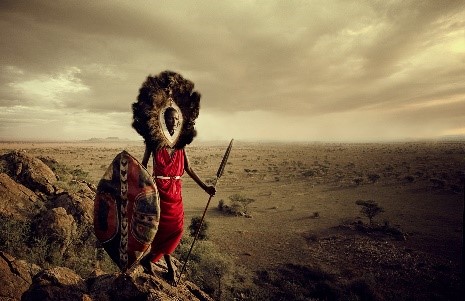
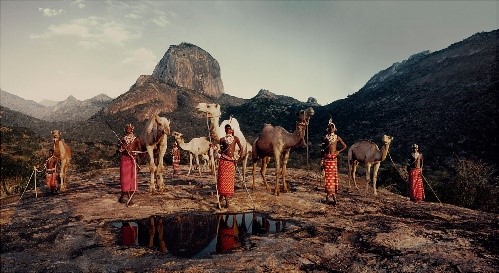
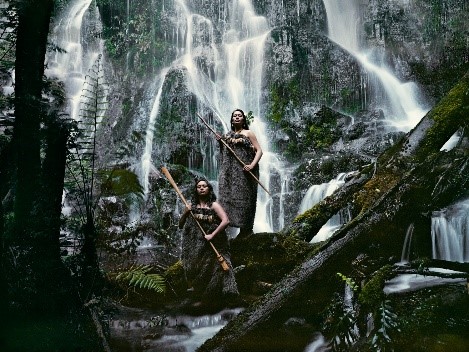
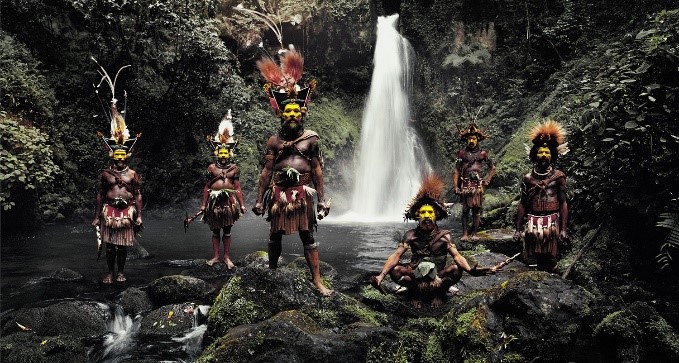
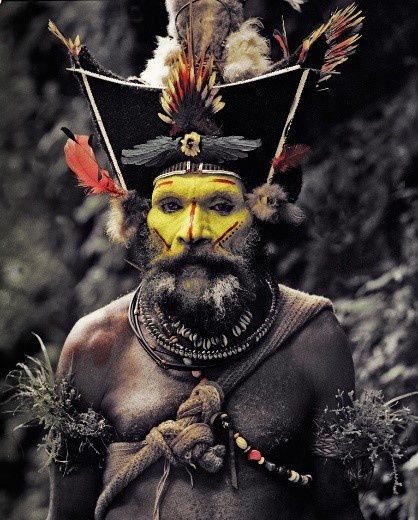

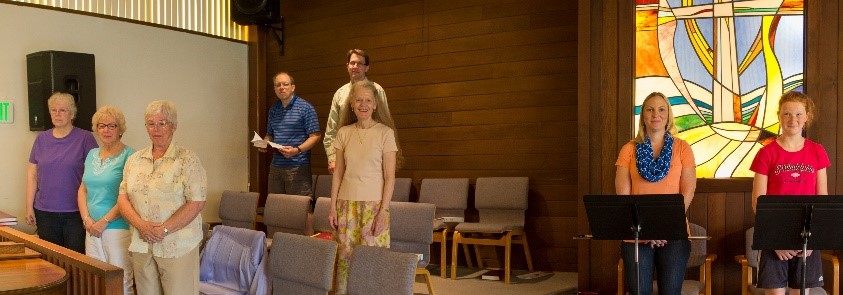
 RSS Feed
RSS Feed